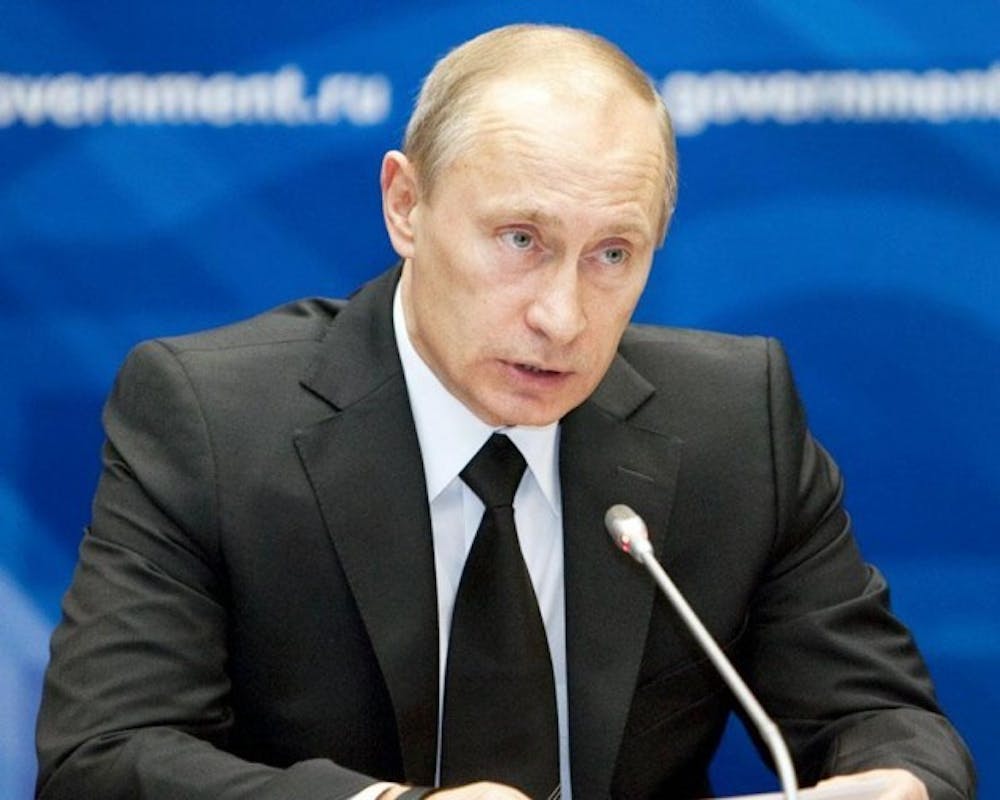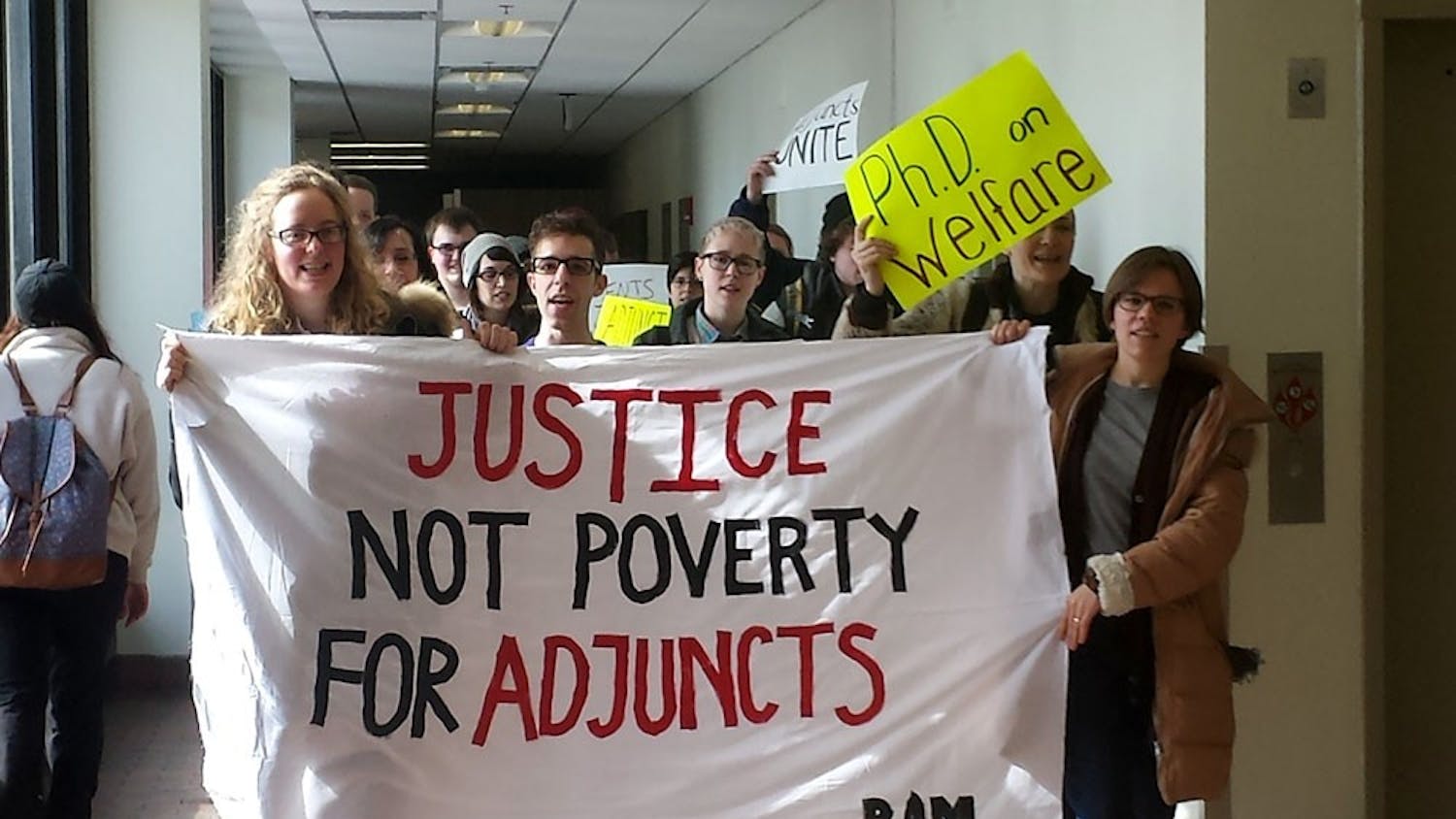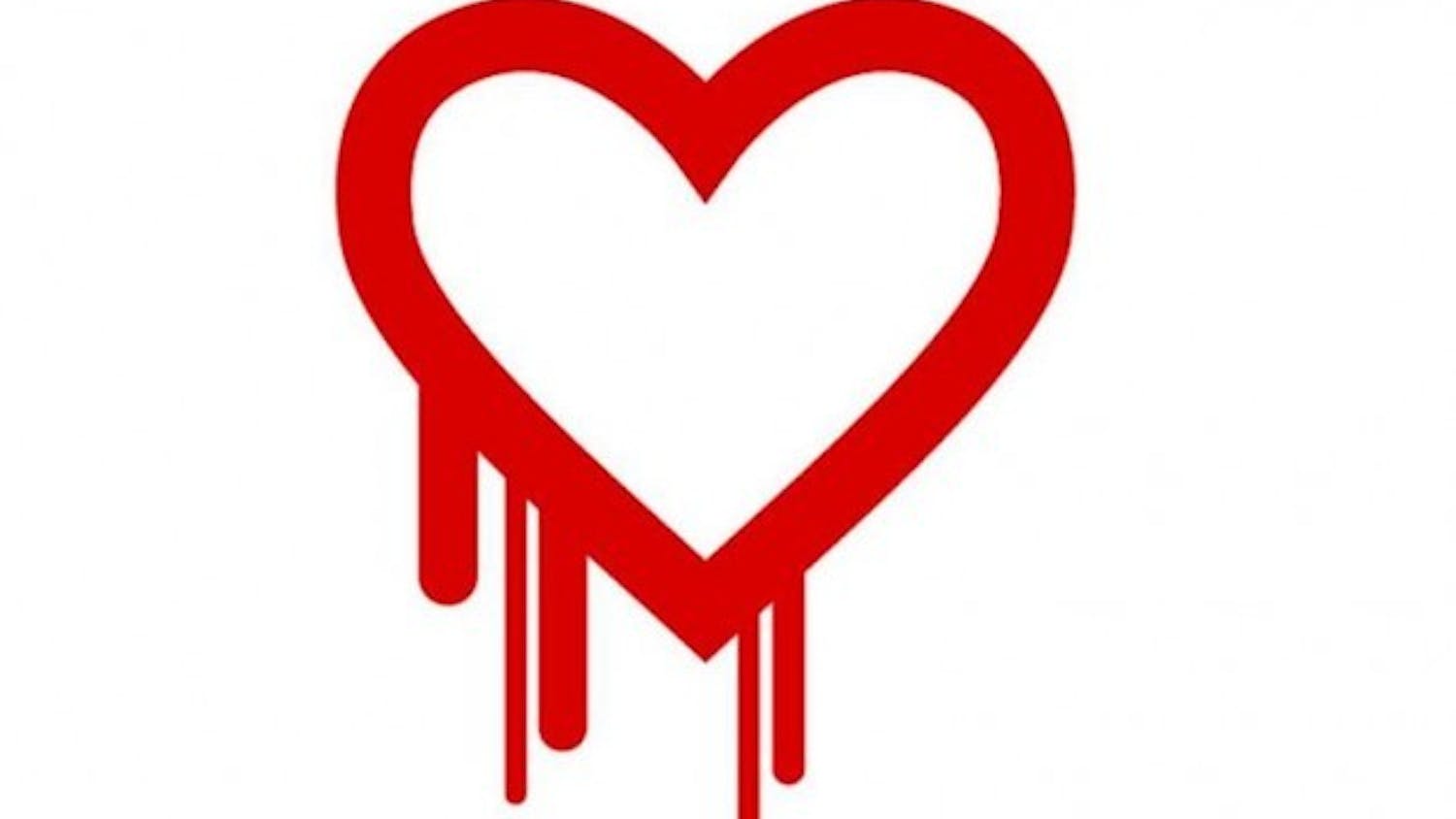Since February, tensions between Ukraine and Russia have resulted in violent riots, Russian military action and a missing president. Russia's recent invasion of Crimea has heightened the situation - and the ensuing publicity.
Many faculty members and students believe the conflict is historically significant. Though some students say they are not as informed on the matter as they'd like to be, others have developed opinions on the implications of the events in Crimea.
Colin Lewis, a junior psychology major, has been following the issues through articles and photos.
"It's as if I'm reading something out of a history textbook - this is going to have an effect over the next few years," Lewis said. "Even though we're obviously not in the Ukraine, it's interesting to feel like you're part of a historical event."
Russian President Vladimir Putin has stationed troops in Crimea. On Sunday, March 16, a referendum will determine what will come of Crimea - whether Ukraine or Russia will possess it as a territory and what rights the people of the region will have.
The two countries signed an agreement over Crimea in 1997, putting it under Ukrainian control for the next 20 years. Crimea's status was not supposed to be discussed until 2017, but the actions of Putin and Ukrainian President Viktor Yanukovych have caused an early re-evaluation.
"I think a number of factors are at play," said Philip Arena, a political science assistant professor. "But a big part of the story is that Putin likely felt he had a narrow window of opportunity to guarantee that Russia would hold onto its naval base in Sevastopol - a city at the southwestern tip of the Crimean peninsula."
Sevastopol is important to Russia because its Black Sea Fleet, or navy, is stationed there. Without that port, the navy would have to relocate, and Russia would lose access to the Black Sea and, indirectly, the Mediterranean Sea.
When Yanukovych won the presidential election in 2004, citizens took to the streets in what was called the Orange Revolution - a 17-day protest against his election. A month later, a second election took place and Yanukovych lost. He came back into power in 2010, winning the election for presidency. The results were appealed but eventually dropped, and Yanukovych became president.
Ukraine has been facing a financial crisis since November. Yanukovych decided to seek help from Russia. Though Ukraine is not part of the European Union (EU), it had the option to seek aid from the EU but chose not to.
Yanukovych's decision caused Ukrainian citizens to protest, mostly in Ukraine's capital, Kiev, which is about 500 miles from Crimea.
What started as citizens with signs progressively grew into violence. The government reported the death toll has risen to 77, according to CNN. Parliament attempted to calm the riots, taking away powers from Yanukovych, who subsequently fled Kiev for Russia. He has not returned to his country but still proclaims himself president.
Michelle Benson, a political science professor, wonders what will come next.
"It's the biggest East-West conflict that's occurred since the end of the Cold War," Benson said. "It could have some surprisingly important implications, economically and politically a ways down the road, depending on how Russia reacts. They've already reacted much worse than anybody could have imagined."
The U.S. Senate has discussed providing Ukraine with a $1 billion aid package. Secretary of State John Kerry has told Russia that any move to annex Crimea could end hopes of diplomacy.
"I'll admit, I haven't kept up with what's been going on," said Jordan Alperin, a freshman accounting major. "I know that the situation over there isn't good, but as far as the details go, I definitely haven't followed as closely as some people may have. I feel like not too many students have the time to. Who has the time to sit and read about the conflict when I'm not required to know about it?"
The upcoming Ukraine-Russia referendum will determine what will happen next. Putin is continuing to defend his actions, claiming to dismiss the idea of war. Kerry said Russian actions could have a major effect upon Russian-American relations.
email: news@ubspectrum.com




